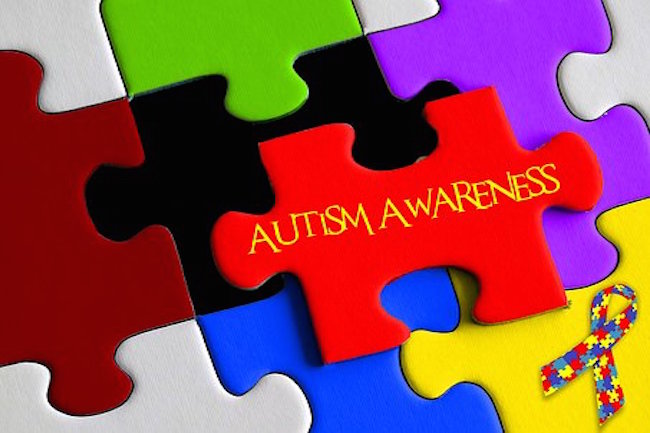Autism Treatment and Recovery: J.B. Handley
(Note: This excerpt is from Chapter 10 of the best-selling book, How to End the Autism Epidemic.)
There is today a tremendous disconnect between obtainable knowledge and implemented treatment for autism. There is an ever-widening gap between what parents know and what physicians know. The parents have made themselves experts in complex biochemistry, immunology, and gastroenterology. They know what is happening on the cutting edge of autism treatment because their kids need them to know. This kind of parent overtakes their pediatrician’s expertise very quickly.[i]
— Dr. Julie Buckley, author, Healing Our Autistic Children
Children are recovering from autism every day. Typically, their parents implement biomedical intervention, the symptoms that defined the autism disappear, and the children go on to lead a normal life. In 2008 my wife and I produced a twenty-six-minute documentary called Autism Yesterday. It told the story of five children and their families recovering from autism. Today three of those children are either in college or on that path!
When people lie about or obfuscate the cause of autism, they impair the important work of recovery. Recovered children are proof that autism is an environmental condition that has a cause and a treatment. Epidemic denialists, in particular, hinder the willingness of some parents to seek treatment, if they’re led to believe that their children’s autism was inevitable and genetic. Recovery is real.
Does that mean all children recover? Sadly, no. Many parents try biomedical intervention and don’t see their children recover. It can be a long, frustrating, and exhausting road, full of hope and disappointment. Certain therapies are expensive, and few at this point are covered by insurance. Most mainstream doctors don’t know anything about them, so you have to forge your own path, find other families in the same boat, and educate yourself beyond belief. No autism parents should ever have to feel like failures—on top of all the other daily struggles—if their child doesn’t recover. This is one of the great injustices of the autism tragedy: The failure is on the part of our public health establishment, and yet parents—often with other children to care for and other responsibilities and stresses in their lives—are left to shoulder it all on their own.




